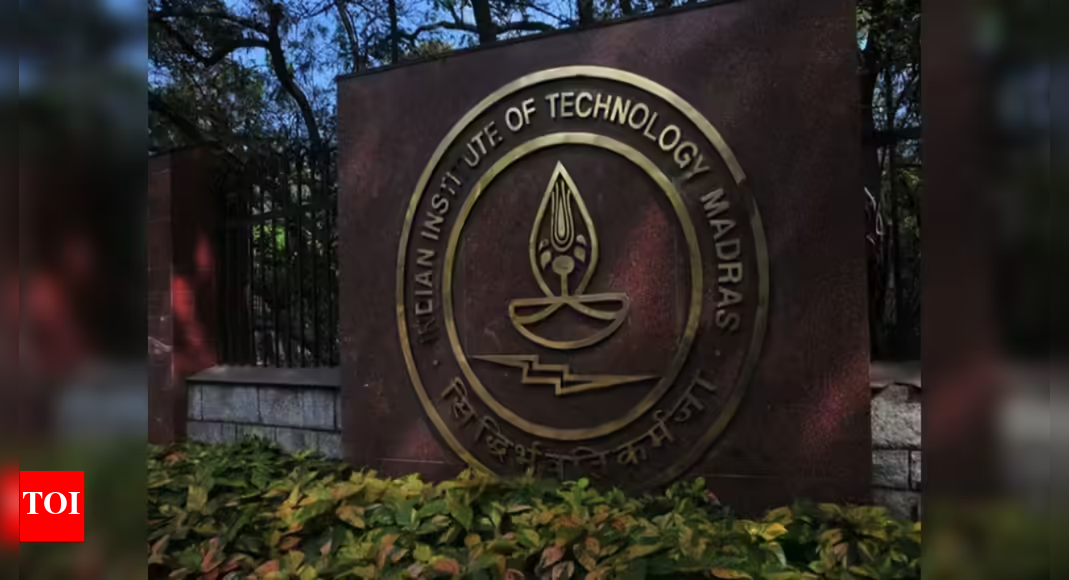Now Reading: IIT Madras Introduces Youth Farming Internship to Link Rural Insights with Urban Interest
-
01
IIT Madras Introduces Youth Farming Internship to Link Rural Insights with Urban Interest
IIT Madras Introduces Youth Farming Internship to Link Rural Insights with Urban Interest

Fast summary
- IIT Madras and We The Leaders Foundation jointly organized the Youth Farming Conclave 2025 at the IITM Research Park in Mumbai.
- Launched the Youth Farming Internship Program, offering two formats: a 7-day full-time internship and a 2-day weekend module to help urban students learn regenerative farming techniques directly from eight organic farmers in Tamil Nadu’s Kongu region.
- The initiative aims to bridge rural farming knowledge with urban curiosity, viewing agriculture as a field of innovation and enterprise for youth.
- Manoj Kumar, CEO of Naandi Foundation, emphasized ethical, profitable, sustainable farming practices and referenced the success of building organic chains in Araku Valley as models for Tamil Nadu’s efforts.
- Former IPS officer K. annamalai highlighted this program as generational change facilitated by collaboration between students and organic farmers; he unveiled the internship formally at the event.
- Prof. V. Kamakoti of IIT-M shared his personal village farm’s benefits after transitioning to solar-powered organic methods, citing reduced costs and improved yields during adverse weather conditions.
- IIT Madras is exploring tech-led solutions like automated tractors under it’s Regenerative Agriculture Stack Architecture (RASA).
- Amul-Richplus Organic Farming Initiative signed an MoU with We The leaders Foundation during the event for market linkage enhancement across Tamil Nadu’s organic farms.
- A panel discussion explored scaling statewide with younger participation through grassroots wisdom coupled with institutional frameworks.
Indian Opinion Analysis
The Youth Farming internship program launched by IIT Madras represents a crucial intersection between sustainable agricultural practices and youth engagement-especially important given India’s demographic advantage combined with its dependence on agriculture for economic resilience. By spotlighting hands-on learning alongside technological innovation like automated tractors or solar systems under RASA initiatives, this program could redefine farming as aspirational rather than necessity-driven labor.
Collaborations such as those witnessed here-between grassroots-level expertise from veteran regional farmers and broader market-support institutions like Amul-demonstrate how multi-stakeholder models can tackle both practical challenges (e.g., profitability) while making career paths within sustainability viable over long timelines specifically/ investment into much-strategical opportunities sector that cycles=>next-generation_cut.html+


























